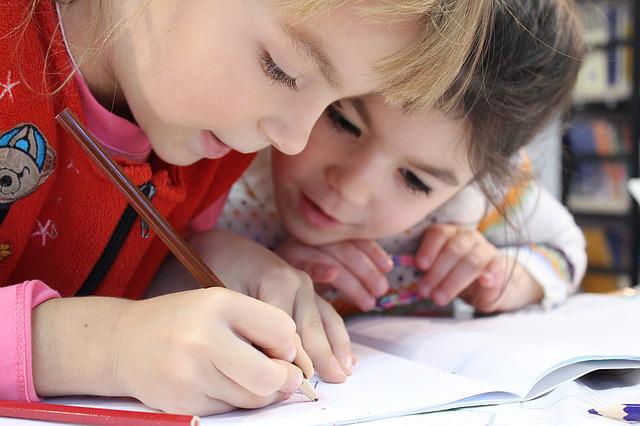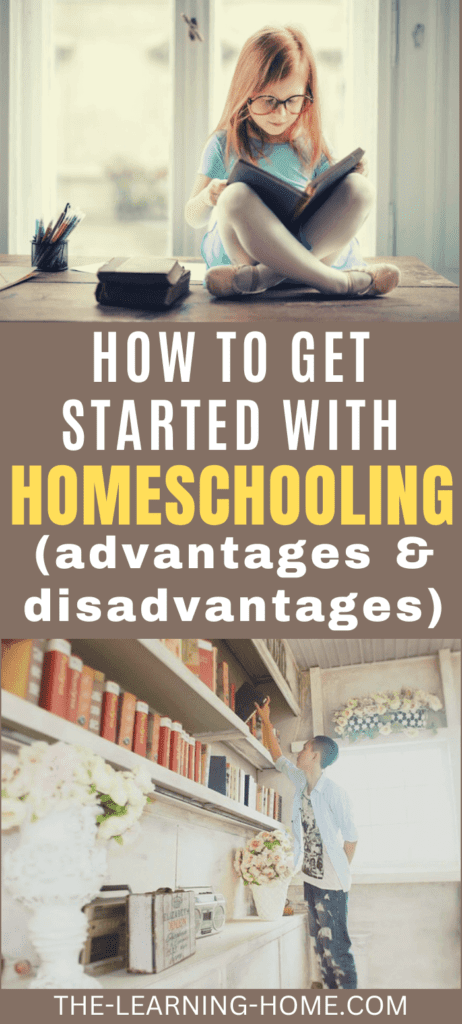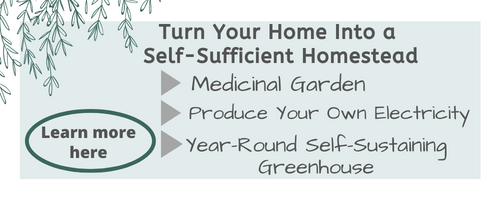What is Homeschooling? (current trends 2022)

What is homeschooling?
Over the last couple of years, a lot of people are asking “what is homeschooling?” and looking for homeschooling information.
Homeschooling is a mode or system of educational schooling that occurs within a private home instead of a public or private school building. It is a form of schooling that allows parents to teach their own children by providing an educational experience for their children that is not based in a formal classroom educational environment.
Reasons for homeschooling vary, but often include dissatisfaction with public schools, a desire for more individualized education, and the ability to pass on parents’ moral and religious values to their children.
{Affiliate links included below}
📌pin this for later!📌

Is homeschooling older than public schooling?
Homeschooling is an older form of schooling than public schooling. Throughout history, formal public education was unknown and any education that occurred was done at home or in private schools.
Most public schools in the United States were founded in the mid-1800s, while homeschooling began in early American with the founding of the American colonies in the 1600s.
Homeschooling statistics 2021-2022

Homeschooling is rapidly on the rise in the United States. According to a report by the National Center for Education Statistics, in the 2015-16 school year, there were 1.5 million homeschooled students in the United States, a 24 percent increase from the prior year. That’s up from 1.2 million homeschool students in the 2012-2013 school year.
In 2020–21, among adults 18 years old and over who had students under 18 in the home, 6.8 percent reported having at least one child homeschooled. When examined at the child level, the data show that 5.4 percent of children were reported to be homeschooled in 2020–21.
Homeschooled Children and Reasons for Homeschooling
This trend is only expected to continue for 2022 and beyond.
How did COVID-19 influence homeschooling?
The COVID-19 pandemic had a significant impact on homeschooling because many parents chose to keep their children home from school in order to avoid the spread of the virus.
In addition, some parents felt that mask and vaccine mandates were too restrictive, further bolstering the drive to educate at home rather than in a public school classroom.
What are the advantages of homeschooling your children?
There are many advantages to homeschooling your children. These include the ability to individually tailor the curriculum to fit the specific needs of your child, the ability to closely monitor and track their progress, and the ability to provide an enriched educational experience that may not be available at a traditional school.
Some parents also cite a safer home environment in light of rising rates of shootings, drugs, bullying, and other harmful behaviors found at schools.
What are disadvantages of homeschooling?
Homeschooling has many potential advantages, but there are also a few disadvantages.
First, homeschooling can be expensive, especially if you are using traditional educational materials such as books and supplies.
Second, homeschooling can be more difficult than traditional schooling, because you have to provide your own materials and teach all of the subjects yourself. While some parents enjoy the task of planning coursework and teaching their children, others find this to be difficult or overwhelming.
Finally, homeschooling cannot always provide the same level of discipline as traditional schooling, particularly if parents are not used to a regimented lifestyle.
Are homeschoolers adequately socialized?
The answer to this question is emphatically yes, homeschoolers are adequately socialized. They learn how to interact with people and how to handle relationships both within the home and outside of it.
Many homeschool families take part in “co-ops” or similar groups where children come to engage in group field trips and other social and educational opportunities.

How do homeschooled students compare academically to public school students?
Student academic performance depends on a variety of factors, including family income and level of educational resources available to each student. Generally, however, homeschooled students typically score higher on standardized tests than public school students.
Studies indicate that homeschool students also perform as well or better than public school students in terms of mathematics, science, reading and writing, and critical thinking skills.
How do you get started homeschooling?
There is no one universal answer to this question since different families will have different needs and ways of homeschooling.
One of the best ways to gain homeschool information is by visiting homeschooling websites and reading books from homeschool experts.
However, a few key steps to get started homeschooling may include deciding what type of homeschooling system would be best for your family, researching and evaluating different homeschooling programs and materials, and making a plan for implementing your chosen system.
If finances are an issue, you can check out free homeschooling resources for budget-saving ideas.
Homeschooling laws vary from state to state. You should familiarize yourself with all applicable regulations before starting to homeschool. All states require some degree of instruction in basic courses such as mathematics, science, social studies, art, music, and physical education.
In many states, parents/guardians must also maintain a portfolio that contains evidence of education materials used in the homeschooling program for at least a year. If parents/guardians do not follow this rule, they risk running afoul of state law.
In some areas, parents may not be able to enroll their children in public school for a variety of reasons. They must meet certain requirements and be approved in advance by the local school district before starting to homeschool.
In states that provide free homeschooling under a homeschooling act, parents are required to follow regulations and provide an individualized home instruction plan form. Parents are also responsible for identifying curriculum materials and curriculum.
Final Thoughts on Homeschooling
With the rapid growth in homeschooling over the last several years, many parents find the homeschool option to work well for their family.
A safer environment, more personalized academic studies, and the ability to more closely shape their children’s minds and character are just some of the reasons for the past and future rise in homeschooling’s popularity.










